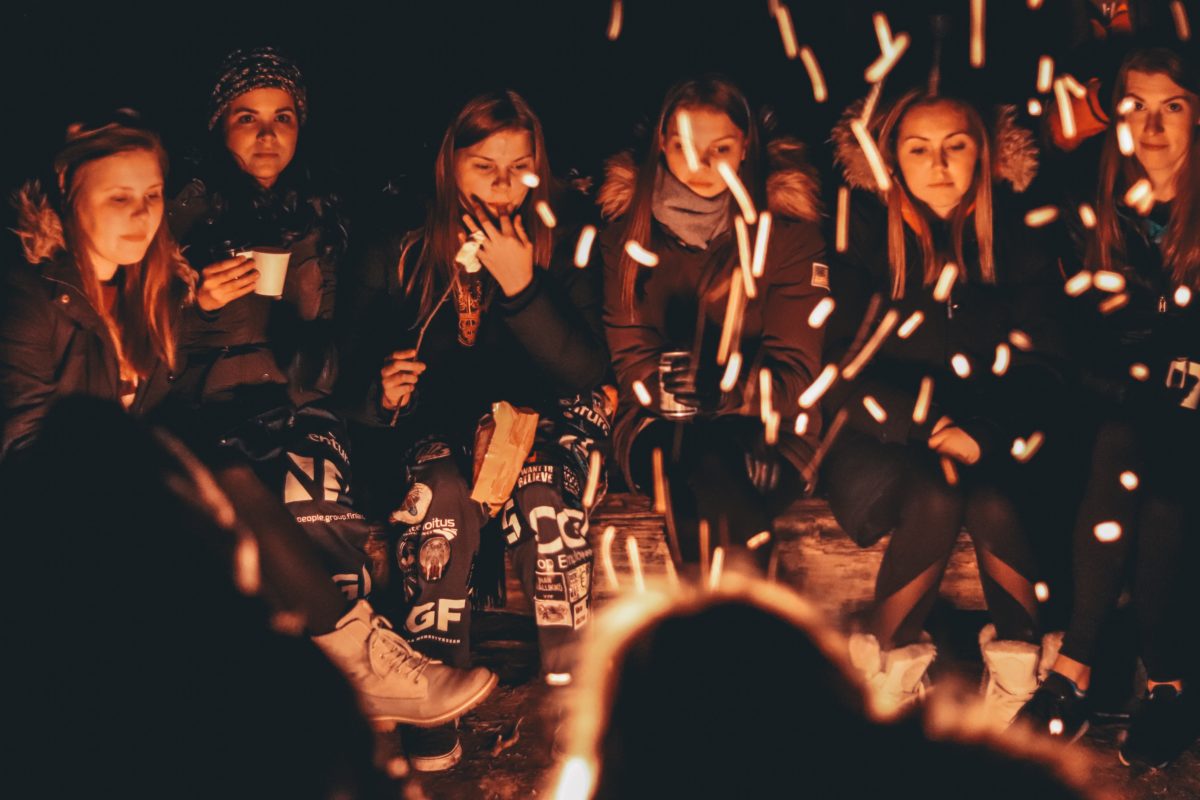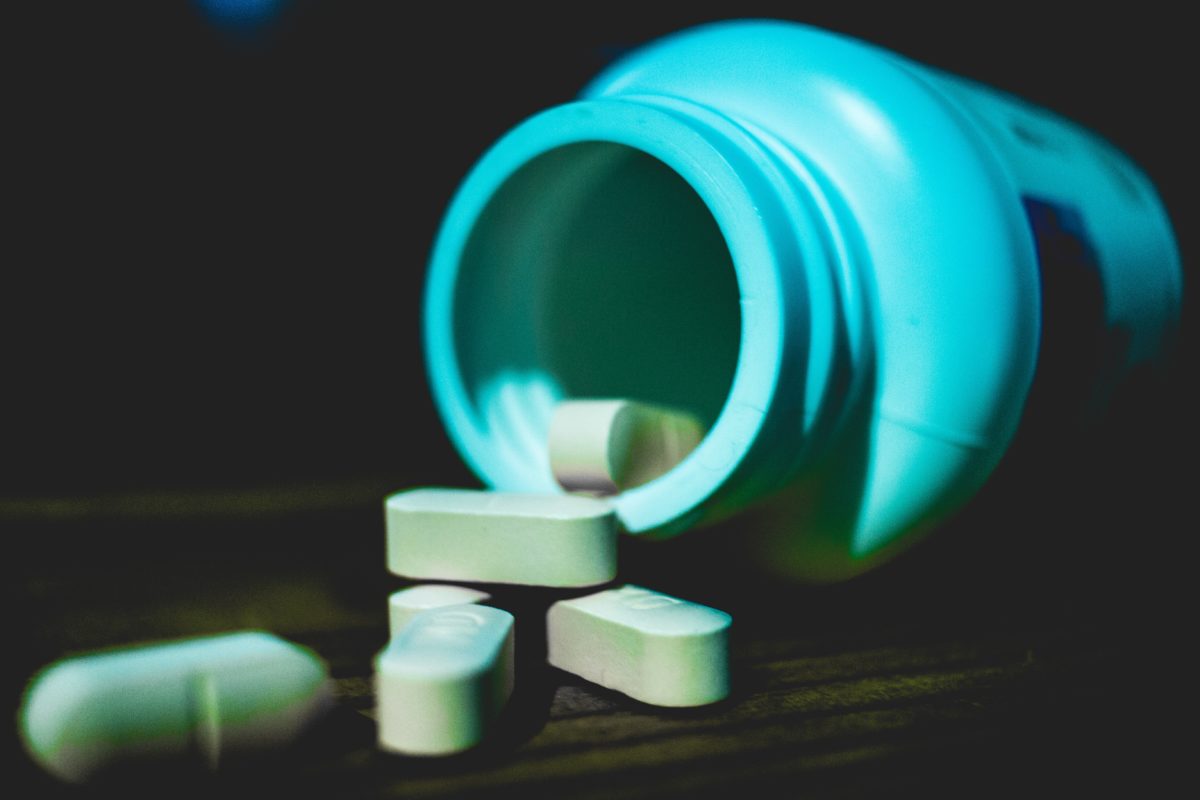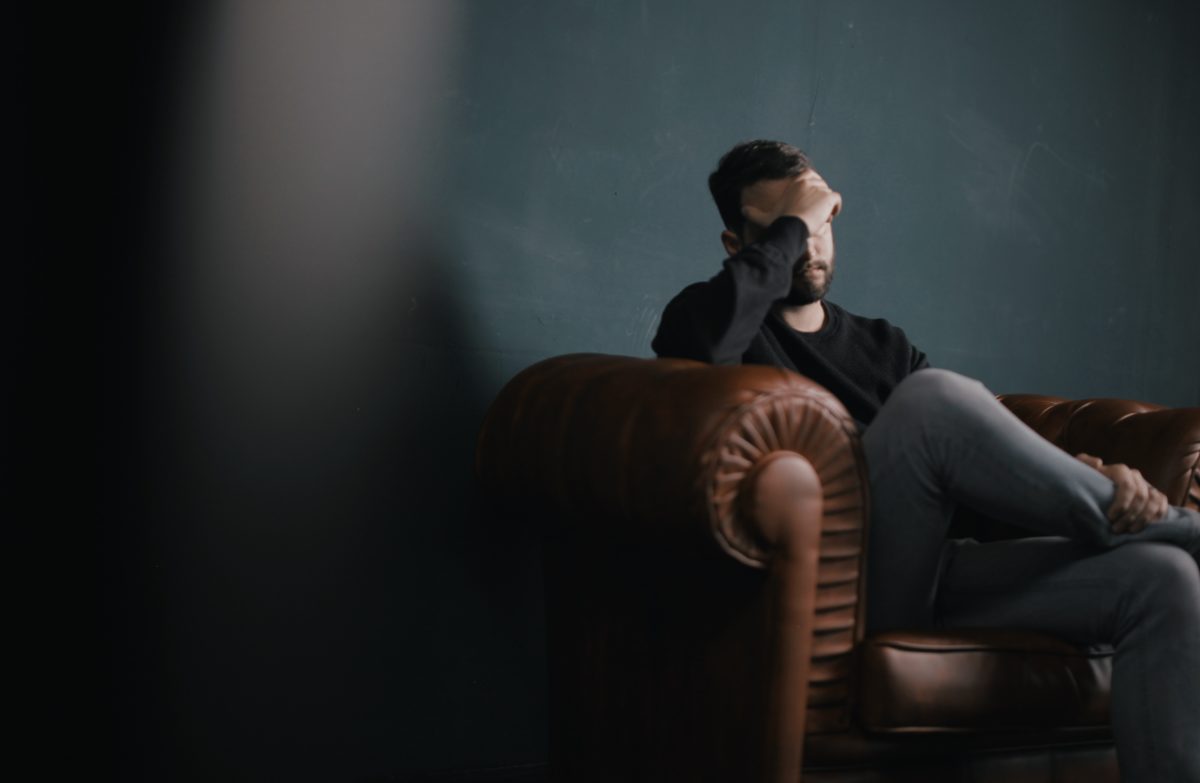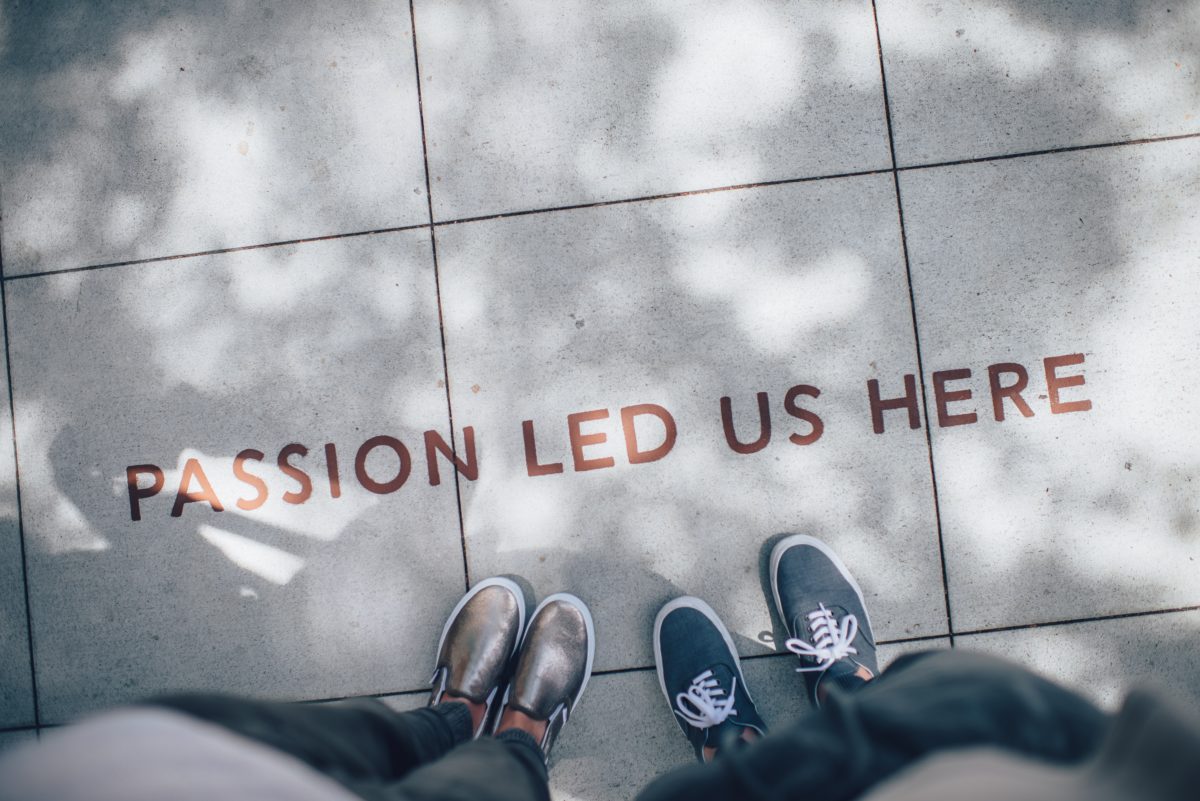LGBTQ+
The LGBTQ+ community faces unique obstacles to substance use recovery. The community has higher rates of substance use disorders, a higher risk for mental illness, and a significant gap in treatment access. In addition, they may feel uncomfortable in traditional treatment settings surrounded by people who can’t understand their unique experience as an LGBTQ+ individual.
Fortunately, there are LGBTQ+-specific treatment options available that can help people find comfort, security, and understanding while providers address substance abuse and mental illness issues.
Addiction in the LGBTQ+ Community
Substance use disorder rates in the LGBTQ+ community are significantly higher than baseline. In 2019, the Substance Abuse and Mental Health Services Administration conducted a national study that assessed rates of substance use disorder across the nation and discovered that 18.3% of LGBTQ+ individuals met the criteria for one or more substance use disorders.
There’s no clear-cut reason why the LGBTQ+ community experiences higher addiction rates. Still, researchers theorize that the challenges community members face in their day-to-day life play a significant factor. These challenges can cause substantial undue stress and anxiety, and many people turn to substance use as a coping mechanism.
Challenges Faced by the LGBTQ+ Community
Discrimination, abuse, stigma, homophobia, and transphobia affect countless LGBTQ+ people every day. These conditions can prevent a substantial barrier to recovery and interfere with numerous daily activities, putting LGBTQ+ community members on high alert and not allowing them to live to their full potential.
Discrimination
Discrimination against the LGBTQ+ community refers to unfair treatment due to an individual’s sexual orientation, gender identity, or gender expression.
While recent years have seen several laws pass intended to make discrimination illegal, countless people are still discriminated against to this day. Discrimination can prevent LGBTQ+ people from acquiring affordable housing, utilizing healthcare resources, or even being accepted into a drug and alcohol treatment center.
Stigma
Stigma refers to negative perceptions against the LGBTQ+ community. Whereas discrimination entails being denied services, stigma refers to the way people perceive you.
Dealing with stigma daily for something out of your control can cause a monumental amount of stress and may even lead some people to internalize negative beliefs about themselves. Stigma is often veiled but leads people to treat community members differently from others.
Ignorance
Perhaps the most pervasive challenge for members of the community, ignorance about diverse gender identities and sexual orientations can have a severe psychological impact.
Two out of three LGBTQ+ youth reported that somebody attempted to convince them to change their sexual orientation or gender identity, and 5% reported being forced to attend conversion therapy programs. These led to increased suicide attempts and harmful mental health outcomes in both cases.
Abuse
Physical, emotional, and sexual abuse against members of the LGBTQ+ community occurs at alarming rates. LGBTQ+ face the reality of violent crimes at rates nearly quadruple the amount of the general population. A single act of abuse can leave lasting scars on your physical and emotional health and can drive people into substance use as a form of relief.
Being the victim of physical abuse can particularly affect youth in the LGBTQ+ community. Recent research from the Trevor Project shows that 36% of youth who experienced physical harm due to their sexuality attempted suicide, nearly triple the rate of those never assaulted.
Addiction Treatment for the LGBTQ+ Community
Choosing an addiction treatment program designed for the LGBTQ+ community can make a world of difference in the treatment process and set patients up for long-term success in recovery.
LGBTQ+ friendly treatment options mean you can join an understanding recovery community that has a positive view of your gender or sexuality, understands the unique challenges faced by the community, and addresses underlying mental illness or trauma.
You’ll still receive the best evidence-based care at an LGBTQ+ treatment program, including:
- Medication-assisted treatment (MAT)
- Cognitive-behavioral therapy (CBT)
- Dialectical behavioral therapy
- Group therapy
- Individual therapy
- Life skills training
- Eye movement desensitization and reprocessing (EMDR)
These treatment methods have repeatedly proved to help people recover from substance use disorders, manage their cravings, and modify their behaviors to better suit a recovery lifestyle. In addition, they can help significantly with co-occurring conditions, such as mental illness or trauma, giving patients a better chance at long-term recovery.
Discover the LGBTQ+ Program at Supreme Wellness Recovery
Supreme Wellness Recovery is proud to offer stigma-free treatment for everybody, including the LGBTQ+ community. Our specially designed LGBTQ+ intensive outpatient program can introduce you to a recovery community that makes sobriety achievable, hopeful, and inspiring.
Located in Bucks County, Pennsylvania, you don’t need to go far from home for treatment or uproot your entire life. We are even in-network with most insurance providers. Don’t let your addiction dictate the rest of your life. Get the help you need today.
ADDITIONAL SERVICES

GROUP
THERAPY
A valuable source of support led by one or more psychologists and offering greater perspectives.

MAT COORDINATION

EXPERIENTIAL THERAPY
Opportunities and experiences, like nature walks, meditation, and yoga, that open up new horizons for recovery.

12 STEP
PROGRAMMING
12-step programs help addicts and alcoholics achieve life-long sobriety by providing a spiritual connection and encouraging strong social support.

TRAUMA CURRICULUM
Evidence-based curriculum designed to help individuals recover from the effects of trauma in their lives.

COMMUNITY CONNECTION
Maintaining and enhancing community connections through student assistance programs, workshops, presentations, and more.

ADOLESCENT DEVELOPMENT
Structured intervention techniques provide adolescents with interpersonal skills necessary to be accepted in the workforce and community.

RECOVERY SUSTAINABILITY
Therapeutic services help client’s reduce cravings and focus on personal growth, restoring good health and promoting long-term success.

